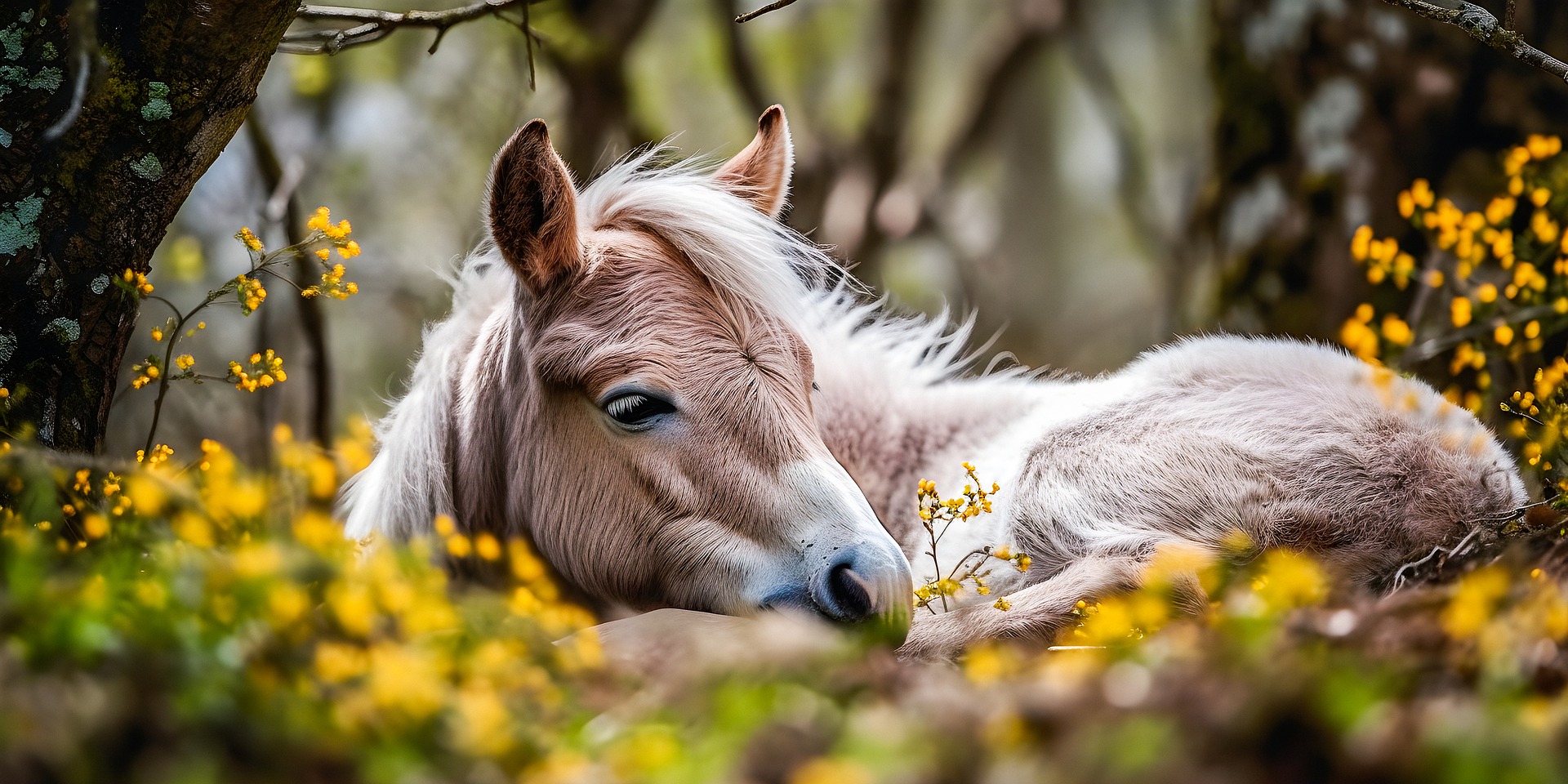
- Move any sick horse into a clean and disinfected stall, as far away from the other horses as possible
- If no exterior stall is present, or isolated stall space is available, put tarps up around the stall of the sick horse so that other horses cannot make direct contact with it; - note this will not prevent spread of disease agents that move through the air Prepare an area for medication, water buckets and feed containers that are kept away from other equipment (tip: label with red tape)
- DO NOT allow the sick horse to have physical contact with other horses
- Use dedicated equipment for the sick horse, and to clean it’s stall. Manure must be removed using specifically designated and labelled equipment
- Put up a sign to notify everyone about the isolated horse and it’s location, and post biosecurity protocols in the area
- Do not allow unnecessary visitors to have contact with the sick horse
- All staff must wear protective clothing, or keep special designated clothing in the isolation area for when dealing with the sick horse
- Work with the sick horse last each day and wash your hands before and after
- If the horse is getting turn out, make a small fenced or separate area where this horse cannot touch others
- Once horse has recovered, disinfect all equipment, halters, lead ropes, pails, feed dishes, stall and manure removal equipment
Equine Guelph would like to extend thanks to Dr. Josie Traub-Dargatz and Dr. Alanna Kirby, Colorado State University for input and content review of this infosheet.
This article originally appeared on Equine Guelph The University of Ontario, Canada, and is published here with permission.
You can find more informative articles in our section on Health & Education.

































